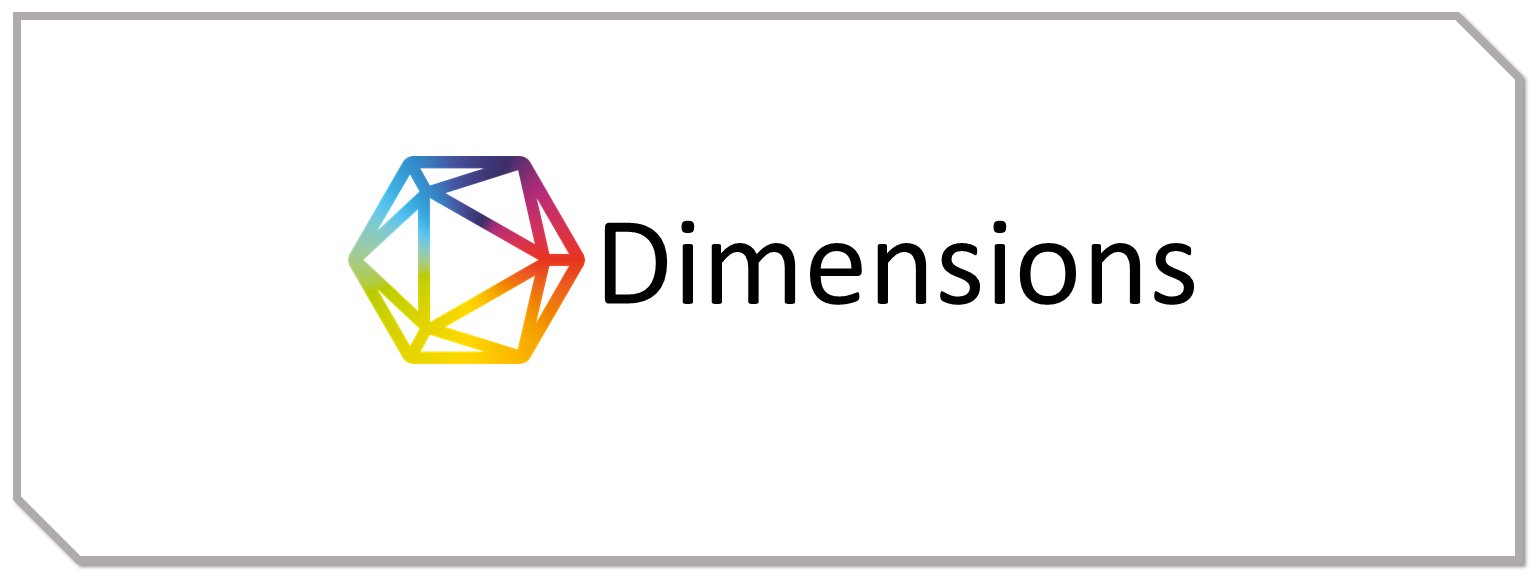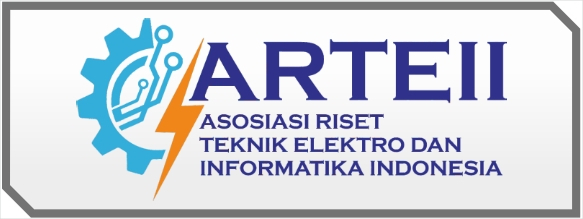Applying BERT Model for Early Detection of Mental Disorders Based on Text Input
DOI:
https://doi.org/10.55606/juitik.v5i2.1251Keywords:
BERT, Mental Disorders, Text InputAbstract
In today's digital era, awareness of mental health issues is growing significantly. Many individuals are now more open about sharing their psychological conditions through written texts on social media, forums, and surveys. This phenomenon presents an opportunity to leverage technology for the automatic detection of mental disorders through text analysis. This study aims to implement the Bidirectional Encoder Representations from Transformers(BERT) model to identify mental health conditions such as depression, bipolar disorder, anxiety, suicidal tendencies, and others. The dataset was sourced from Kaggle and underwent several preprocessing stages, including data cleaning, tokenization, and text classification model training. This BERT model achieved strong performance, with an accuracy of 91% and an average F1-Score of 0.91. These results demonstrate the model's effectiveness in identifying various psychological expressions. The findings highlight the potential for developing early detection systems that are faster, more objective, and widely accessible. However, this study acknowledges limitations in dataset diversity, suggesting future work to incorporate more varied data sources and explore other NLP models to enhance detection accuracy and coverage.
References
Abadi, R. S. (2025). Verifikasi Kesesuaian Materi Pembelajaran Menggunakan Model Bidirectional Encoder Representations from Transformers ( BERT ) dan Semantic Textual Similarity. 6(4), 2723–2734. https://doi.org/10.47065/bits.v6i4.6967
Amien, M., Frendi Gunawan, G., & Kunci, K. (2024). ELANG: Journal of Interdisciplinary Research BERT dan Bahasa Indonesia: Studi tentang Efektivitas Model NLP Berbasis Transformer. ELANG: Journal of Interdisciplinary Research. https://jurnal.stiki.ac.id/elang/article/view/1152
Anggraheni, H. S., Naufal, M. J., & Yudistira, N. (2024). DETEKSI SPAM BERBAHASA INDONESIA BERBASIS TEKS MENGGUNAKAN MODEL BERT TEXT-BASED INDONESIAN SPAM DETECTION USING THE BERT MODEL. 11(6), 1291–1301. https://doi.org/10.25126/jtiik.2024118121
Hidayat, M., Indrawati, I., & Suri, M. (2024). Identifikasi Faktor-Faktor Penyebab Gangguan Jiwa pada Remaja di Rumah Sakit Jiwa. 13(September), 338–348.
Kamalah, A. D., Novianasari, & Nafiah, H. (2023). Gejala Mental Emosional dan Upaya dalam Meningkatkan Kesehatan Jiwa Remaja. Jurnal Keperawatan Berbudaya Sehat, 1(2), 68–72. https://doi.org/10.35473/jkbs.v1i2.2419
Khoirunnisa Ghefira Yusrani, Nurul Aini, Shifa Aulia Maghfiroh, & Novita Dwi Istanti. (2023). Tinjauan Kebijakan Kesehatan Mental di Indonesia: Menuju Pencapaian Sustainable Development Goals dan Universal Health Coverage. Jurnal Medika Nusantara, 1(2), 89–107. https://doi.org/10.59680/medika.v1i2.281
Metode, P., Untuk, B., Sentimen, A., & Pengguna, U. (2025). Penerapan metode bert untuk analisis sentimen ulasan pengguna aplikasi segari di google play store. 4(1), 89–104.
Mirugwe, A., Ashaba, C., Namale, A., Akello, E., Bichetero, E., Kansiime, E., & Nyirenda, J. (2024). Sentiment Analysis of Social Media Data on Ebola Outbreak Using Deep Learning Classifiers. Life, 14(6), 8–14. https://doi.org/10.3390/life14060708
Mudding, A. A. (2024). Mengungkap Opini Publik: Pendekatan BERT-based-caused untuk Analisis Sentimen pada Komentar Film. Journal of System and Computer Engineering (JSCE), 5(1), 36–43. https://doi.org/10.61628/jsce.v5i1.1060
Nur Adhan, S., Wibawa, G. N. A., Arisona, D. C., Yahya, I., & Ruslan, R. (2024). Analisis Sentimen Ulasan Aplikasi Wattpad Di Google Play Store Dengan Metode Random Forest. AnoaTIK: Jurnal Teknologi Informasi Dan Komputer, 2(1), 6–15. https://doi.org/10.33772/anoatik.v2i1.32
Nur Haryanti, A., Bintang Syah Putra, M., Larasati, N., Nureel Khairunnisa, V., & Dyah Dewi, L. A. (2024). Analisis Kondisi Kesehatan Mental di Indonesia Dan Strategi Penanganannya. Student Research Journal, 2, 28–40. https://doi.org/10.55606/srjyappi.v2i3.1219
Pemilu, T., Khadapi, M., & Pakpahan, V. M. (2024). Analisis Sentimen Berbasis Jaringan LSTM dan BERT terhadap Diskusi. 6, 130–137.
Perhatian, D. (2024). ANALISIS SENTIMEN DAN PERILAKU PENGGUNA MEDIA SOSIAL TERHADAP ISU KESEHATAN MENTAL MENGGUNAKAN METODE NATURAL LANGUAGE PROCESSING ( NLP ) Analysis Of Sentiment And Behavior Of Social Media Users Towards Mental Health Issues Using The Natural Language Proc. 6(2), 153–158.
Putri, N. A. R., & Ardiansyah. (2023). Analisis Sentimen Terhadap Kemajuan Kecerdasan Buatan di Indonesia Menggunakan BERT dan RoBERTa. Jurnal Sains Dan Informatika, 9(2), 136–145. https://doi.org/10.34128/jsi.v9i2.649
Rahma, G., Hasnah, F., & Alhamda, S. (n.d.). Determinan Kesehatan Mental Pada Remaja Usia 11-18 Tahun di Kota Padang Determinants of Mental Health in Adolescents Aged 11-18 Years in Padang. 8(2).
Sherly Christina. (2019). Sarcasm in Sentiment Analysis of Indonesian Text: A Literature Review. Jurnal Teknologi Informasi Jurnal Keilmuan Dan Aplikasi Bidang Teknik Informatika, 13(2), 54–59. https://doi.org/10.47111/jti.v13i2.255
Situmorang, G. F., & Purba, R. (2024). Deteksi Potensi Depresi dari Unggahan Media Sosial X Menggunakan Teknik NLP dan Model IndoBERT. 6(2), 649–661. https://doi.org/10.47065/bits.v6i2.5496
Sriyanti, Z. A., Kartika, D. S. Y., & Najaf, A. R. E. (2024). Implementasi Model Bert Pada Analisis Sentimen Pengguna Twitter Terhadap Aksi Boikot Produk Israel. Jurnal Informatika Dan Teknik Elektro Terapan, 12(3), 2335–2342. https://doi.org/10.23960/jitet.v12i3.4743
Tresyani, R. P., Utomo, D. W., & Maldini, N. (2025). Deteksi Dini Gangguan Kesehatan Mental dengan Model Bert dan Algoritma Xgboost. 16(01), 93–98. https://doi.org/10.35970/infotekmesin.v16i1.2535
Vitoasmara, K., Vio Hidayah, F., Yuna Aprillia, R., & Dyah Dewi, L. A. (2024). Gangguan Mental (Mental Disorders). Student Research Journal, 2, 57–68. https://doi.org/10.55606/srjyappi.v2i3.1219.
Downloads
Published
How to Cite
Issue
Section
License
Copyright (c) 2025 Jurnal Ilmiah Teknik Informatika dan Komunikasi

This work is licensed under a Creative Commons Attribution-ShareAlike 4.0 International License.

















